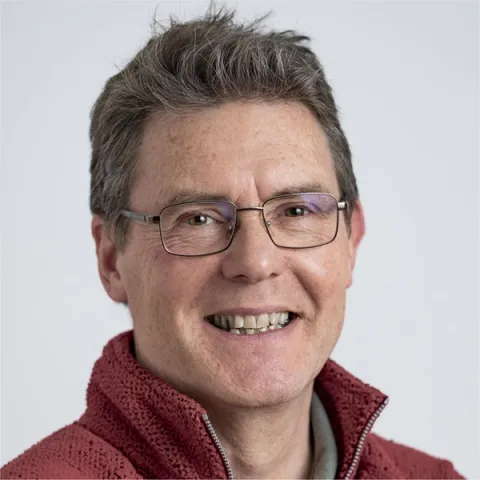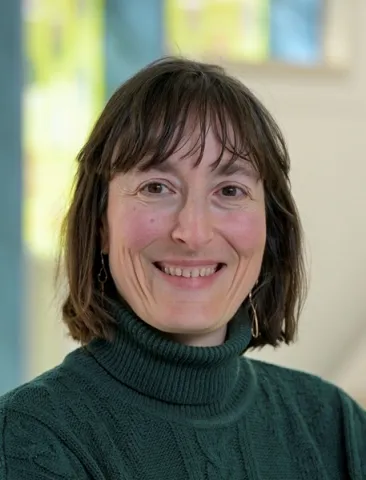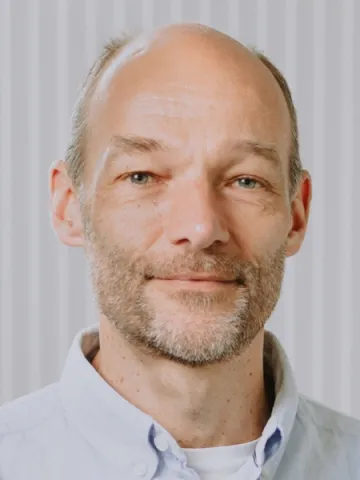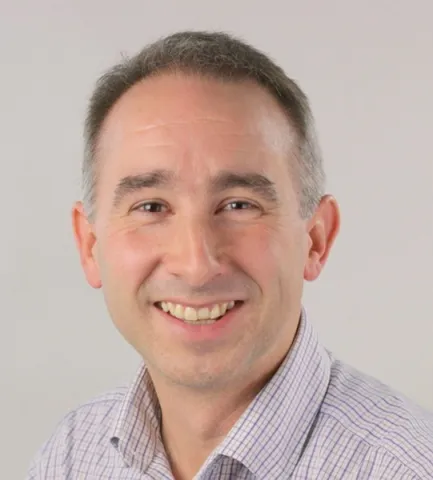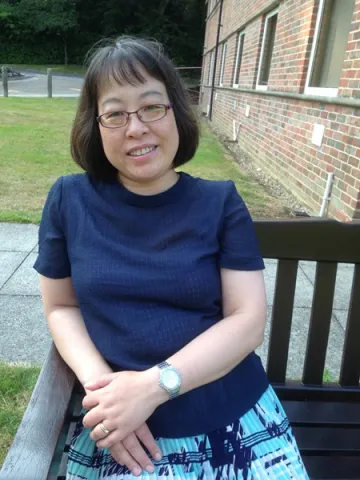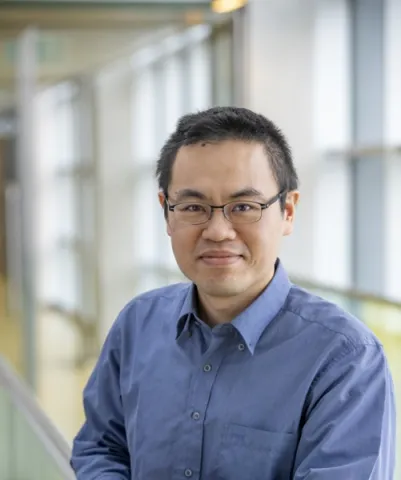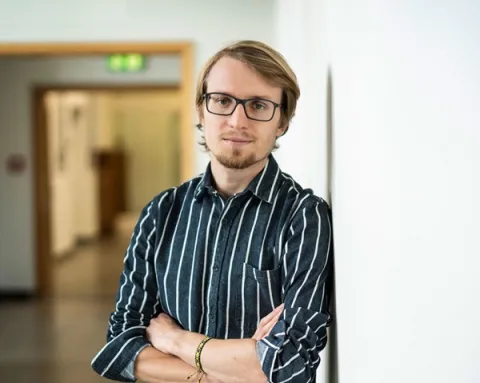Project overview
Quantum technologies exploit the intriguing properties of matter and light that emerge when the randomizing processes of everyday situations are subdued. Particles then behave like waves and, like the photons in a laser beam, can be split and recombined to show interference, providing sensing mechanisms of exquisite sensitivity and clocks of exceptional accuracy. Quantum measurements affect the systems they measure, and guarantee communication security by destroying cryptographic keys as they are used. The entanglement of different atoms, photons or circuits allows massively powerful computation that promises complex optimizations, ultrafast database searches and elusive mathematical solutions. These quantum technologies, which EPSRC has declared one of its four Mission-Inspired priorities, promise in the near future to stand alongside electronics and laser optics as a major technological resource.
In this 'second quantum revolution', a burgeoning quantum technology industry is translating academic research and laboratory prototypes into practical devices. Our commercial partners - global corporations, government agencies, SMEs, start-ups, a recruitment agency and VC fund - have identified a consistent need for hundreds of doctoral graduates who combine deep understanding of quantum science with engineering competence, systems insight and a commercial head. With our partners' guidance, we have designed an exciting programme of taught modules to develop knowledge, skills and awareness beyond the provision of traditional science-focused PhD programmes.
While pursuing leading-edge research in quantum science and engineering, graduate students in the EPSRC CDT for Quantum Technology Engineering will follow a mix of lectures, practical assignments and team work, peer learning, workshops, and talks by our commercial partners. They will strengthen their scientific and engineering capabilities, develop their computing and practical workshop skills, study systems engineering and nanofabrication, project and risk management and a range of commercial topics, and receive professional coaching in communication and presentation. An industrial placement and extended study visit will give them experience of the commercial environment and global links in their chosen area, and they will have support and opportunities to break their studies to explore the commercialization of research inventions. A QT Enterprise Club will provide fresh, practical entrepreneurship advice, as well as a forum for local businesses to exchange experience and expertise.
The CDT will foster an atmosphere of team working and collaboration, with a variety of group exercises and projects and constant encouragement to learn from and about each other. Students will act as mentors to junior colleagues, and be encouraged to take an active interest in each other's research. They will benefit from the diversity of their peers' backgrounds, across not just academic disciplines but also career stages, with industry secondees and part-time students bringing rich experience and complementary expertise.
Students will draw upon the wealth of experience, across all corners of quantum technologies and their underpinning science and techniques, provided by Southampton's departments of Physics & Astronomy, Engineering, Electronics & Computer Science, Chemistry and its Optoelectronics Research Centre. They will be given training and opening credit for the Zepler Institute's nanofabrication facilities, and access to the inertial testing facilities of the Institute of Sound & Vibration research and the trials facilities of the National Oceanography Centre.
Our aim is that graduates of the CDT will possess not only a doctorate in the exciting field of quantum technology, but a wealth of knowledge, skills and awareness of the scientific, technical and commercial topics they will need in their future careers to propel quantum technologies to commercial success.
In this 'second quantum revolution', a burgeoning quantum technology industry is translating academic research and laboratory prototypes into practical devices. Our commercial partners - global corporations, government agencies, SMEs, start-ups, a recruitment agency and VC fund - have identified a consistent need for hundreds of doctoral graduates who combine deep understanding of quantum science with engineering competence, systems insight and a commercial head. With our partners' guidance, we have designed an exciting programme of taught modules to develop knowledge, skills and awareness beyond the provision of traditional science-focused PhD programmes.
While pursuing leading-edge research in quantum science and engineering, graduate students in the EPSRC CDT for Quantum Technology Engineering will follow a mix of lectures, practical assignments and team work, peer learning, workshops, and talks by our commercial partners. They will strengthen their scientific and engineering capabilities, develop their computing and practical workshop skills, study systems engineering and nanofabrication, project and risk management and a range of commercial topics, and receive professional coaching in communication and presentation. An industrial placement and extended study visit will give them experience of the commercial environment and global links in their chosen area, and they will have support and opportunities to break their studies to explore the commercialization of research inventions. A QT Enterprise Club will provide fresh, practical entrepreneurship advice, as well as a forum for local businesses to exchange experience and expertise.
The CDT will foster an atmosphere of team working and collaboration, with a variety of group exercises and projects and constant encouragement to learn from and about each other. Students will act as mentors to junior colleagues, and be encouraged to take an active interest in each other's research. They will benefit from the diversity of their peers' backgrounds, across not just academic disciplines but also career stages, with industry secondees and part-time students bringing rich experience and complementary expertise.
Students will draw upon the wealth of experience, across all corners of quantum technologies and their underpinning science and techniques, provided by Southampton's departments of Physics & Astronomy, Engineering, Electronics & Computer Science, Chemistry and its Optoelectronics Research Centre. They will be given training and opening credit for the Zepler Institute's nanofabrication facilities, and access to the inertial testing facilities of the Institute of Sound & Vibration research and the trials facilities of the National Oceanography Centre.
Our aim is that graduates of the CDT will possess not only a doctorate in the exciting field of quantum technology, but a wealth of knowledge, skills and awareness of the scientific, technical and commercial topics they will need in their future careers to propel quantum technologies to commercial success.
